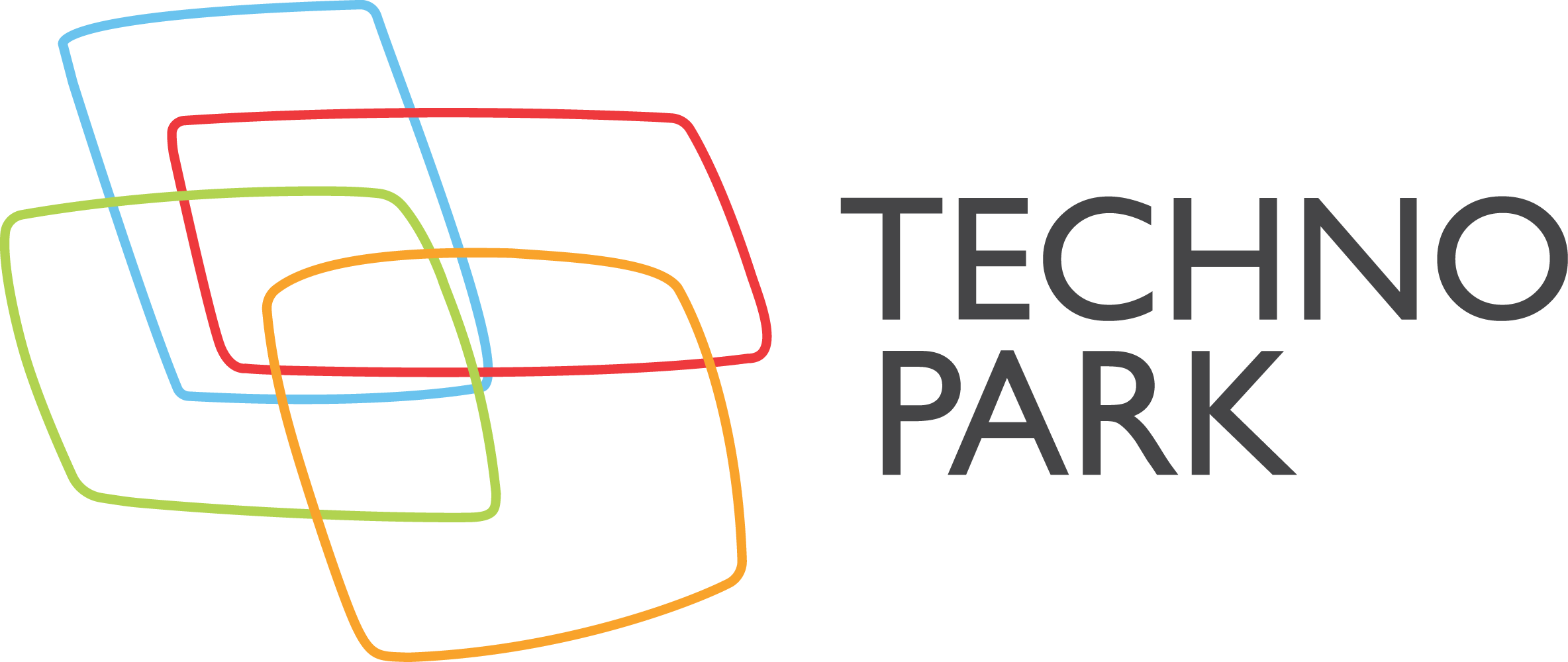The normalisation of remote work is a disruptive and transformative trend that is ushering in a new era of management. Beyond putting policies and practices in place to deal with the virtualisation of work, organisations and HR functions need to equip managers to deal with resulting changes in manager-employee relationships. According to research, this new work order necessitates empathic management. Who are empathic managers, and how can organisations cultivate this new brand of leaders?
The new work order
Heading into 2020, few managers could have foreseen that one of the biggest challenges they would face in the coming year would be to suddenly have to manage their employees and teams remotely. Well over a year into the pandemic, the implications of how Covid-19 has changed the geography of work are, at least in areas of knowledge work, becoming more clear. The normalisation of remote work and the current push towards hybrid models of organisation have had, and will continue to have, a direct impact on manager-employee relationships.
Teamwork is an essential component of all organisations, no matter their size. As a means of production, teams are superior. They combine diverse individual perspectives, experiences, and skills, and focus them on common goals. When managed effectively, this synergy can help solve complex problems and create new solutions and ideas that may be beyond the scope of any one person to do alone.
The shift to remote and hybrid work environments has introduced new employee struggles that damage employees’ well-being and productivity. This has occurred at the same time that manager visibility has decreased. According to 2021 research from Gartner’s HR Practice, “[I]n 70% of manager-employee relationships, either the manager or the employee will be working remotely at least some of the time”.
The normalisation of remote work disrupts traditional management scenarios. Managers are no longer able to use face-to-face conversations and quick chats to help them solve minor issues and discuss major projects on the go. This reality, according to Gartner, is one disruptive and transformative trend that is ushering in a new era of management. An era “where it is less important to see what employees are doing and more important to understand how they feel”.
While the pressure as ever remains for managers to effectively leverage the performance of their teams to achieve organisational goals, the logistical and communication challenges of remote work demand a new, less direct approach to management. “To succeed in a hybrid future”, according to Gartner, “organizations must stop duplicating office-centric practices and shift to a human-centric model.”
The challenges of remote work
To mitigate the threat of reduced performance and engagement, “managers need to understand factors that can make remote work especially demanding”, explain Larson, Vroman and Makarius in their article A guide to managing our newly remote workers.
Key challenges include:
- Lack of face-to-face supervision
- Lack of access to information
- Social isolation
- Distractions from home
Luckily, according these business management academics, easy-to-implement and cost-effective interventions exist to improve engagement and productivity within your team, such as:
- Establishing structured daily check-ins
- Offering rich technological communication and work management tools
- Establishing rules of engagement for communications
- Providing opportunities for remote social interactions.
While these interventions start to deal with some of the practical challenges emerging in new remote work scenarios, researchers in Gartner’s HR practice contend that “current virtualized work design models are damaging employees’ well-being and productivity”. According to Gartner’s 2021 Hybrid Work Employee Survey, employers have largely recreated features of the office in response to the shift to remote work. Many organisations have fallen back on what they know, designing workplace management practices around employees who share a physical workplace. Virtualising on-site practices, adding monitoring systems and increasing meetings have, according to the research, only served to exacerbate existing fatigue among employees. “When employees experience high levels of fatigue, employee performance decreases by up to 33%,” explains Alexia Cambon, director in the Gartner HR practice. Moreover, “feelings of inclusion decrease by up to 44% and employees are up to 54% less likely to remain with their employer”.
The reality is that the traditional way of managing teams and employees has also changed. Technology has substituted the role of managers in managing workflows. The virtualisation of interactions has necessitated managers to measure performance on outcomes rather than processes. Finally, as relationships between managers and employees become more emotional, it becomes difficult to limit these relationships solely to the work sphere.
In their research, Gartner surveyed 4,787 global employees in assessing the evolving role of management. The most effective managers of the future, according to the researchers, will be those who build fundamentally different relationships with their employees, leading with empathy. However, their findings show that only 47% of managers are prepared for this new direction.
Leading with empathy
According to Gartner’s Kropp, Cambon and Clark:
The empathic manager is someone who can contextualize performance and behavior — who transcends simply understanding the facts of work and proactively asks questions and seeks information to place themselves in their direct reports’ contexts.
Leading with empathy requires high levels of trust and care and a culture of acceptance within teams. This is a challenging new role for managers, which will take time and effort to cultivate. The benefits are, however, clear. According to Gartner’s analysis:
Managers who display high levels of empathy have three times the impact on their employees’ performance than those who display low levels of empathy. Employees at organisations with high levels of empathy-based management are more than twice as likely to agree that their work environment is inclusive.
How should organisations and their HR functions then go about training managers to become more empathic? The authors suggest three ways to help managers develop their empathy skills.
1. Practise vulnerable conversations
The first way that managers can develop empathy skills is through practising “vulnerable conversations” with their peers. Empathy should not only be understood conceptually, but be developed as a management tool. By practising to be vulnerable and empathic with their fellow managers, these figures of authority are provided a safe place to “fail”. Such sessions also help managers feel less isolated as they troubleshoot managerial practices with peers who are less likely to pass judgment.
2. Develop dedicated support for managers
Secondly, managers will require support from people in a dedicated role to mitigate challenges that emerge around communication and shared visibility. “Team success partners”, as the authors refer to them, are dedicated support workers that can, amongst other things, foster trust and psychological safety, and support team health. According to Gartner, “managers’ motivation to be empathic increases when they have a support system that makes it clear that the burden isn’t theirs alone and when organizations invest in roles designed to support them”.
3. Optimise reporting lines
Finally, along with the general challenges to a changing work environment, actions that drive empathy are time consuming. The pressure on managers to maintain team connectedness in a remote environment requires organisations to rebalance their managers’ workloads. Managers should be afforded the capacity to “dedicate time to fostering deeper connections and responding with empathy”. This can be done by helping managers reduce their responsibilities and prioritise their workload within smaller individual teams sized for success.
Competitive advantage in a new work order
According to Gartner, 51% of all knowledge workers worldwide are expected to be working remotely by the end of 2021, which is a 24% increase from 2019. To be successful in this new environment, managers must lead with empathy. This is not an easy task and requires a strategic approach for skills development from organisations and their HR functions. However, if Gartner is to be believed, organisations that equip managers to be empathic through skills development and support will ultimately benefit from the increased returns on performance they can generate in the post-Covid-19 world.

